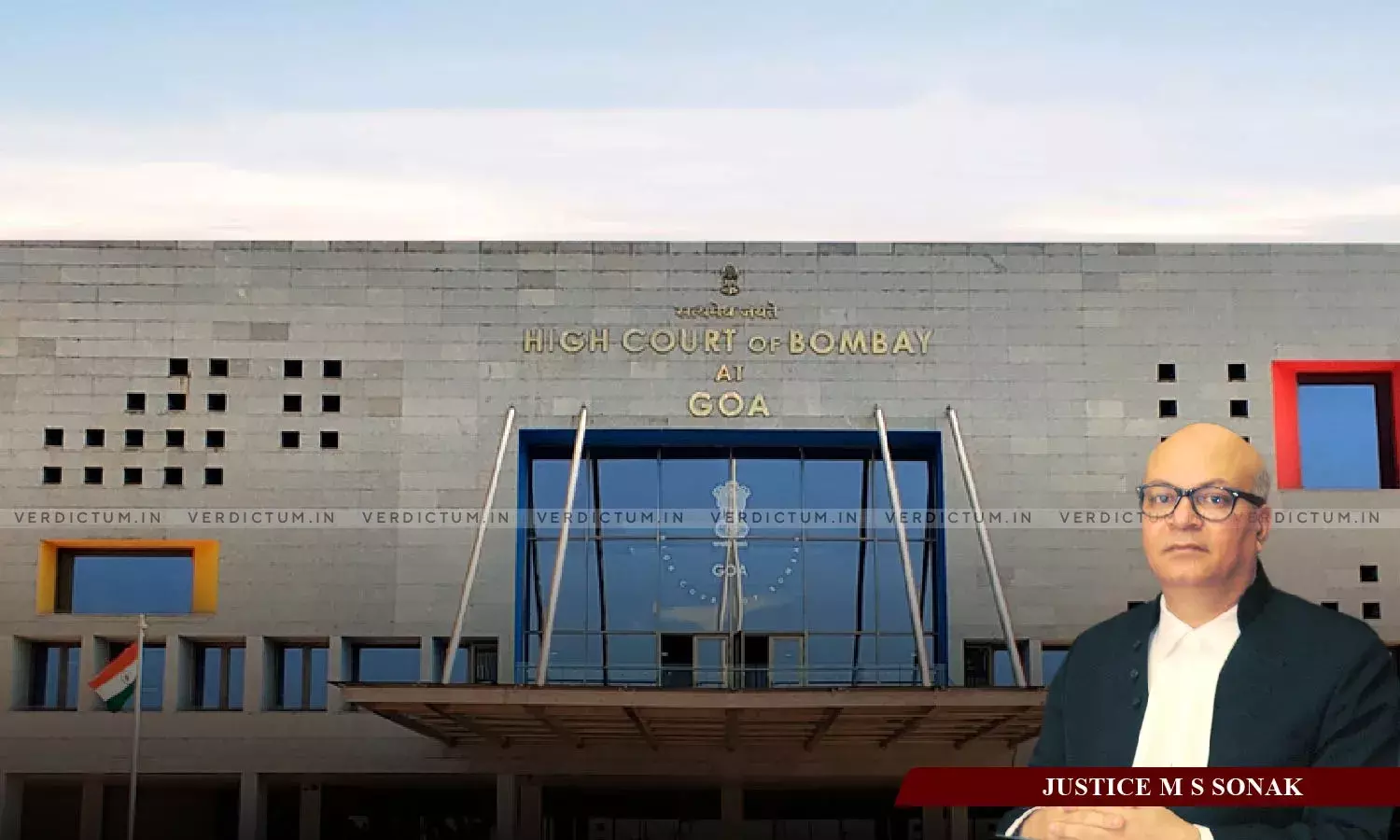Archbishop's Patriarchal Tribunal Not A 'Public Authority' Under RTI Act, Has Limited State Law Recognition: Bombay High Court

The Goa Bench of the Bombay High Court held that the Patriarchal Tribunal, which operates under Canon Law, does not qualify as a "public authority" under Section 2(h) of the RTI Act. Goa State Information Commissioner (GSIC) in 2014 had held that the Archbishop in his capacity as the Patriarchal Tribunal was a public authority.
A Bench of Justice M.S. Sonak while setting aside the order of the GSIC observed that “the Canon Law or the Canonical Law cannot be regarded as the law made by the Parliament of India or the law made by the State Legislature. Merely because some of the decisions and judgments of the Ecclesiastical Courts and Tribunals constituted under the Canon Law may have acquired limited recognition under the State Law or the Parliamentary Law, that by itself would not be sufficient to hold that such Ecclesiastical Courts or Tribunals like the Patriarchal Tribunal are authorities or bodies established or constituted by a law made by the Parliament or the State Legislature.”
Respondent No. 2 had sought certain information and inspection rights related to appointments, accreditations, authorizations, and reports from the petitioner.
Senior Advocate J. E. Coelho Pereira appeared for the Petitioner and Senior Advocate J. P. Mulgaonkar appeared for the Respondent.
Petitioner’s argument appeared to be centered on the petitioner not being constituted by or under the Constitution of India, laws made by Parliament or State Legislature, and the absence of notification or order designating the petitioner as a public authority.
Respondent, on the other hand, argued that the Canon Law, which governs the Ecclesiastical Tribunals, is an integral part of the law of the land due to certain decrees and Acts. He suggested that this makes the petitioner a public authority, especially considering the supervision and review powers held by higher courts over the decisions of the Patriarchal Tribunal.
The issue before the Court was whether the petitioner, who is the Patriarchal Tribunal of the Archdiocese of Goa and Daman, qualifies as a "public authority" under Section 2(h) of the Right to Information Act, 2005 (RTI Act).
The Court noted that the definition of "public authority" under Section 2(h) of the Right to Information (RTI) Act includes various categories of entities established or constituted by different legal authorities, such as the Constitution, laws made by Parliament, laws made by State Legislatures, and notifications/orders made by the appropriate Government. It also includes entities substantially financed by the government.
The Court examined the role of Canon Law, which is the set of laws and regulations governing the Catholic Church, and specifically mentions the Ecclesiastical Courts and Tribunals that operate under Canon Law. It discussed the validity and effect of Decree No.35461, which is a Portuguese law applicable to Goa, Daman, and Diu, and recognized decisions and judgments of Ecclesiastical Courts annulling religious marriages under Canon Law.
The Court delved into the concept of judicial review and the Doctrine of Severability, emphasizing that if an offending portion of a law can be severed from the rest of the law without affecting its functionality, the remaining part may still be upheld.
“by striking down the offending portion, if the legislation or the legislative provision can be saved, then the constitutional courts will not rush to strike down the entire legislation or the entire legislative provision but restrict the striking down only to severable and offending portions. The power to strike down offending law is a scalpel, not a machete.”
It highlighted that the recognition of decisions and judgments of Ecclesiastical Courts under Decree No.35461 does not automatically establish those courts as authorities or bodies under Indian law.
“Merely because Article 19 of the Decree No.35461 gives recognition to orders of annulment made by the Ecclesiastical Courts and Tribunals like the Patriarchal Tribunal, it cannot be concluded that Decree No.35461 establishes or constitutes the Ecclesiastical Courts and Tribunals like the Patriarchal Tribunal.”
The Court ultimately concluded that the Patriarchal Tribunal, which operates under Canon Law, does not qualify as a "public authority" under Section 2(h) of the RTI Act reasoning that while some recognition is given to decisions of Ecclesiastical Courts, this does not amount to establishing or constituting those courts as authorities under Indian law.
Cause Title: The Archbishop Patriarch Of Goa v. State Information Commission & Anr.
Click here to read/download Judgment


